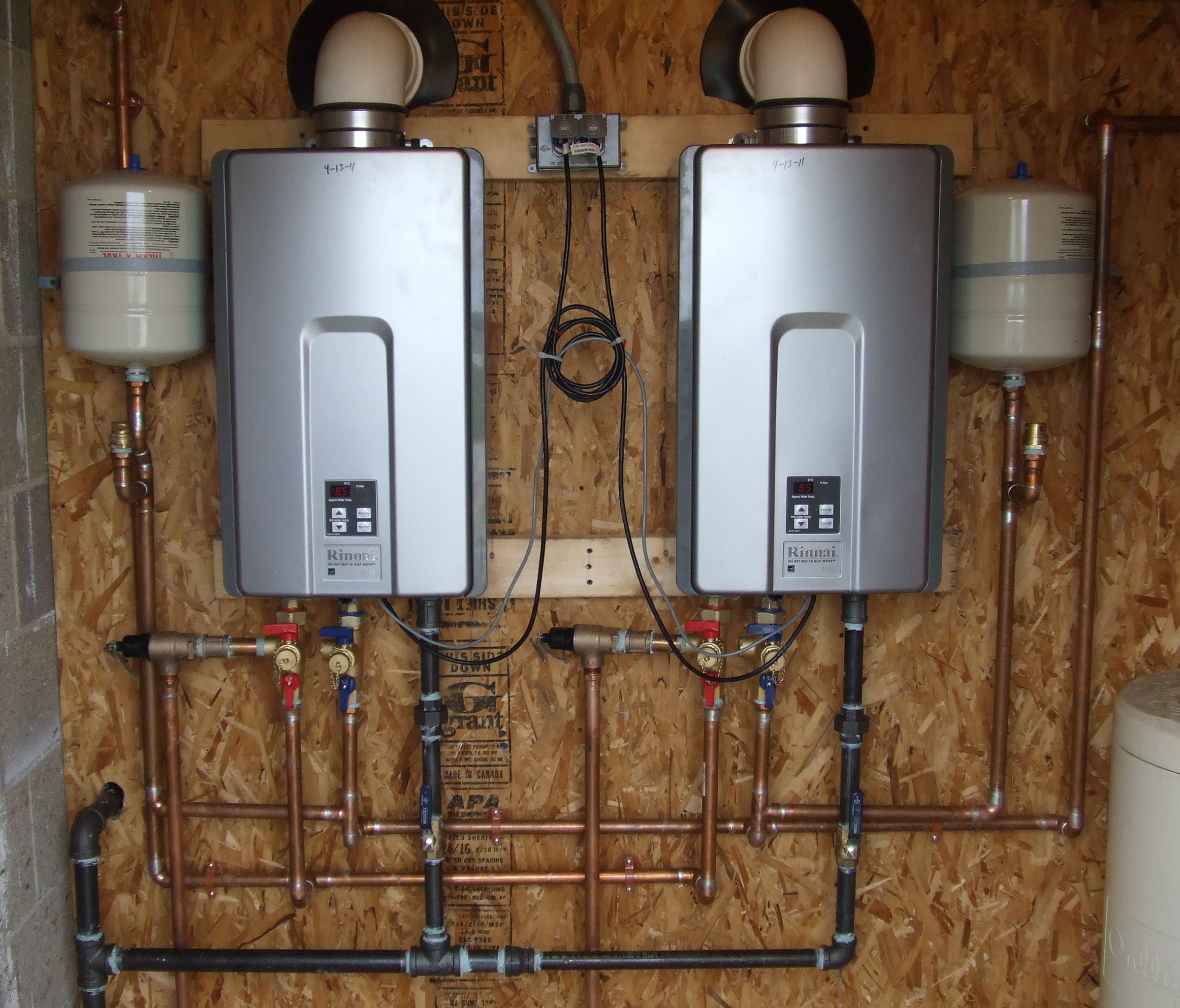How to Reduce Electricity and Gas Bills at Home: 10 Energy Saving Tips for 2025
Reducing your electricity and gas bills at home in 2025 involves adopting simple daily habits, using technology wisely, and making small home improvements. This article provides ten practical energy-saving tips that share ways to manage electricity and gas use more efficiently and reduce overall energy consumption.

Prioritize Sealing Drafts Around Your Home
One way to improve heating and cooling efficiency is by sealing drafts in your home. Gaps around windows, doors, and other openings allow warm or cool air to escape, causing your heating or cooling systems to work harder.
- Use weatherstripping and caulk to seal leaks around window frames and door edges.
- Consider professional draught proofing or install DIY kits yourself to reduce heat loss.
- Sealing drafts can contribute to reducing energy costs by improving your home’s insulation and reducing inefficiencies.
Use a Programmable Thermostat to Manage Heating and Cooling
Managing your thermostat settings can help optimize energy use efficiently:
- Lower your thermostat by 7 to 10 degrees Fahrenheit for 8 hours daily, especially during nights or when no one is home.
- Programmable thermostats automatically adjust the temperature based on your schedule.
- Modern smart thermostats allow remote control via smartphone, making it easier to adjust settings.
- This approach can help reduce annual heating and cooling energy use.
Turn Off and Unplug Appliances When Not in Use
Appliances and electronic devices on standby continue to consume electricity, sometimes called “phantom” or “ghost” energy use.
- Turn off devices at the wall rather than leaving them in standby mode.
- Unplug chargers, televisions, computers, and other electronics when not in use.
- Use power strips with on/off switches (standby savers) to control multiple devices easily.
- These practices help avoid unnecessary electricity consumption at no upfront cost.
Reduce Water Heating Costs with Efficient Use and Insulation
Water heating accounts for a significant portion of household energy consumption.
- Lower your water heater’s thermostat to around 120°F (49°C), which balances comfort and energy efficiency.
- Insulate your water heater tank and pipes to reduce heat loss.
- Limit shower time to around four minutes to save both energy and water.
- Fix dripping taps promptly to prevent wasted hot water and energy.
- These measures can contribute to lowering the energy used for hot water.
Optimize Laundry and Dishwashing Habits
Household chores can be made more energy-efficient by adopting certain habits:
- Run washing machines and dishwashers only when they have full loads.
- Use lower temperature settings for laundry to reduce heating energy.
- Reduce the frequency of dishwasher cycles when possible.
- Air dry clothes instead of using a tumble dryer to save electricity.
- These adjustments may help reduce energy consumption related to laundry and dishwashing.
Switch to Energy-Efficient Lighting and Appliances
Lighting and appliances consume a portion of your electricity but can be optimized:
- Replace incandescent bulbs with LED bulbs, which use less energy and last longer.
- Turn off lights when rooms are unoccupied.
- Choose Energy Star® rated appliances, designed with improved energy efficiency.
- Switching to efficient bulbs and appliances supports lower electricity use.
Avoid Overfilling Electric Kettles and Use Water-Saving Devices
Small behavioral changes can lead to energy and water savings:
- Boil only the amount of water needed in electric kettles.
- Install aerators on kitchen and bathroom taps to reduce water flow without reducing performance.
- Efficient water use helps lower the energy needed for heating water.
Increase Home Insulation for Improved Efficiency
Good insulation helps maintain indoor temperatures, reducing heating and cooling demand:
- Add or upgrade insulation in your attic, walls, and floors to increase resistance to heat flow.
- Use higher quality and thicker insulation materials when upgrading.
- Proper insulation can help lower energy consumption for heating and cooling over time.
Conduct Regular Maintenance on Heating, Ventilation, and Water Systems
Maintained systems work more efficiently and use less energy:
- Change furnace and HVAC filters regularly to improve airflow.
- Consider replacing older water heaters (10+ years) with modern, energy-efficient models.
- Opt for high-efficiency furnaces with better fuel utilization ratings.
- Schedule annual maintenance for heating and cooling systems to sustain efficiency.
Take Advantage of Utility Company Programs and Rebates
Many utility providers offer incentives for energy-efficient home improvements:
- Look for rebates on energy-efficient furnaces, water heaters, insulation, and appliances.
- Explore home energy audit programs offered by your energy company.
- Energy-efficient home upgrades often qualify for financial incentives to reduce upfront costs.
- These programs may support your efforts to improve home efficiency.
Conclusion
Incorporating these energy-saving tips in 2025 can assist households in managing electricity and gas consumption more efficiently. Behavioral changes, home improvements, regular maintenance, and leveraging utility incentives collectively support efforts to reduce energy use. These steps contribute to responsible energy management and may uphold a more sustainable lifestyle.
Sources
- Energy Saving Trust: Quick Tips to Save Energy
- Iowa Utilities Board: How Do I Reduce Energy Costs?
- EDF Energy: Energy-Saving Tips to Help Reduce Your Energy Bills at Home
Disclaimer: All content, including text, graphics, images and information, contained on or available through this web site is for general information purposes only. The information and materials contained in these pages and the terms, conditions and descriptions that appear, are subject to change without notice.




